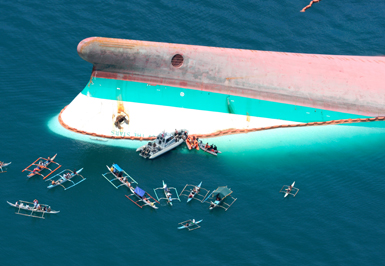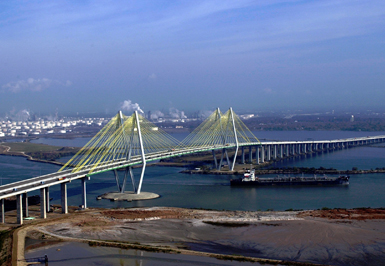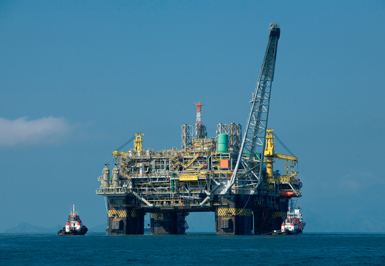The Jones Act of 1920, also known as the Merchant Marine Act, is a form of workers’ compensation. The specific act holds business enterprises and organizations that are typically engaged in marine commerce fully liable for the death or injuries of individuals working at sea under specific circumstances. These circumstances include negligence of the employer. It is a structure that is based on FELA (Federal Employment Liability Act)[i] law.
The Act’s Coverage
The Merchant Marine Act is a law that directly applies to any employee that works in maritime commerce. This would include individuals involved in the production or exploration of offshore energy resources. In fact, the act also directly applies to a non-traditional employee (seamen) including those that work in drilling, mapping and surveying, deep-sea diving, offshore construction, or offshore maintenance.
The Act’s Jurisdiction
Any individual that has been injured or ill and is currently seeking compensation under the Merchant Marine Act must first initiate competent legal action, usually through a maritime lawyer. The action must be located in the jurisdiction of the defendant, or in the judicial district of the principal office of the defendant. As an example, if the employee was injured at sea just off the California coast, but the employer’s headquarters are located outside of Houston, they would seek to hire a Jones Act attorney in Houston to file for restitution.
Typically, to be fully protected under the Merchant Marine Act, the individual needs to be an American citizen or a resident alien of the US during the time he or she was injured. Many individuals hire a Jones Act lawyer in Houston when they have suffered a serious illness or an injury at sea, as a way to seek recompense for their pain, suffering, injuries, recovery time and all the associated expenses.












